LCS Laboratory has analysed hundreds of construction material samples from water-damaged buildings to identify typical and elevated mould growth levels. Our statistical approach provides clear benchmarks for interpreting mould contamination results.
Sample Collection and Analysis Overview
Samples were submitted by the general public, contractors, safety consultants, and insurance assessors, primarily from Southwestern Ontario. While the specific origins of the materials remain unknown, most samples likely came from water-damaged or mould-contaminated buildings.
To assess surface contamination, we used Phase Contrast Microscopy or Staining Microscopy at 400x magnification. Mould spore concentrations were measured in spores per mm² (sp/mm²), and the most common types of mould were identified, including:
- Alternaria
- Ascospores
- Aspergillus/Penicillium-like
- Basidiospores
- Chaetomium
- Cladosporium
- Curvularia
- Drechslera/Bipolaris-like
- Smuts/Myxomycetes/Periconia
- Stachybotrys/Memnoniella
- Ulocladium
- Hyphal Fragments
- Miscellaneous/Unidentifiable Spores
So, how do we know that we have excessive mould growth?
After testing 100s of construction materials from water-damaged buildings in 2020-2023, we offer the following classification:
- <15 (fs/mm2) – Negligible mould growth is found in 25% of the cleanest construction materials
- 15-65 (fs/mm2) – Moderate mould growth. This level is below the industry median
- 65-1200 (fs/mm2) – Active mould growth. This level is above the industry median
- >1200 (fs/mm2) -Aggressive mould growth is found in the top 25% of the most contaminated materials
These benchmarks provide a quantitative framework for interpreting mould assessment results, transforming qualitative microbiological observations into actionable data.
Contact LCS Laboratory for Expert Support
LCS Laboratory is a trusted name in Safety, Industrial Hygiene, and Air Quality testing. To cut costs while receiving top-tier service, contact us for a free quote and sampling instructions. Visit our Contact Us page for more information.

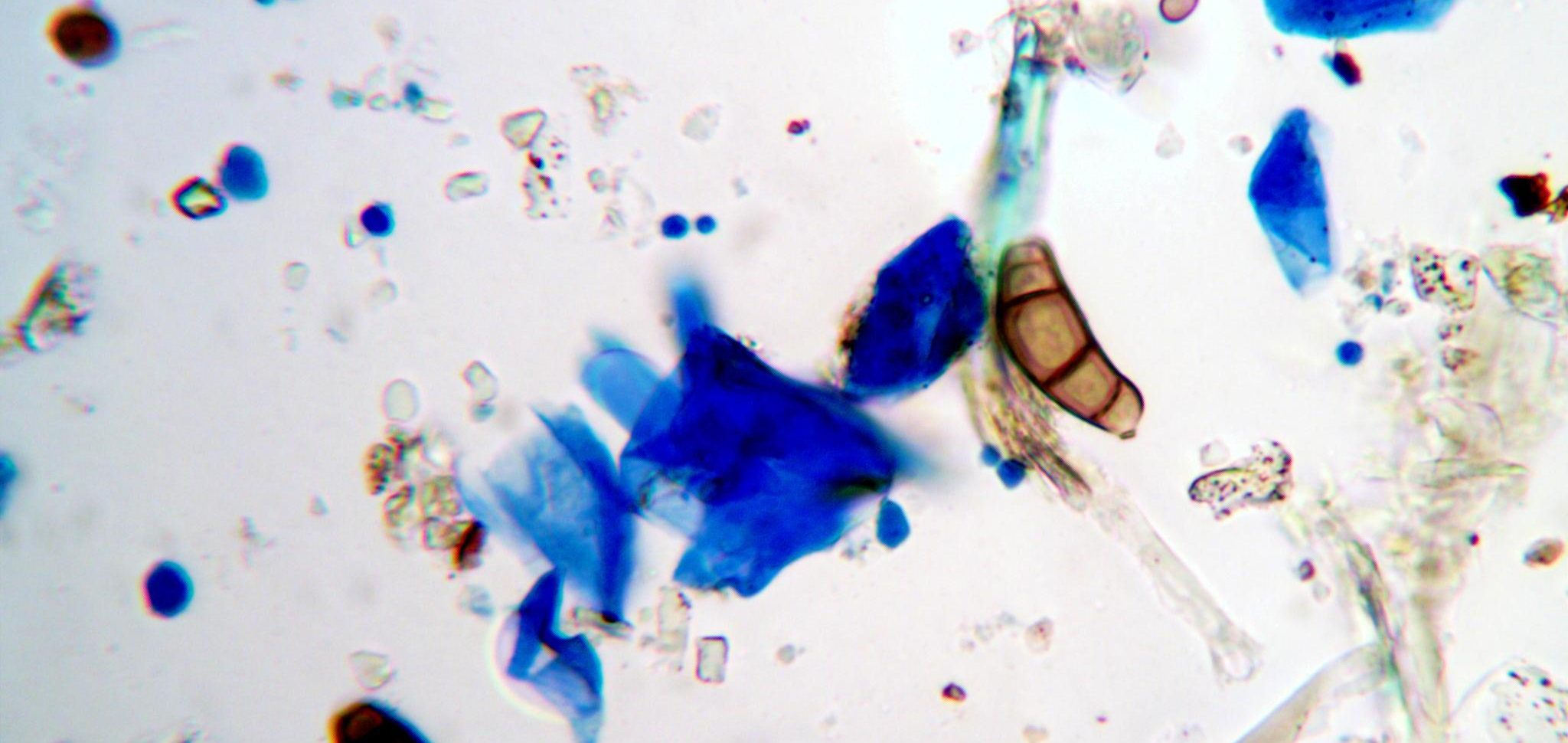
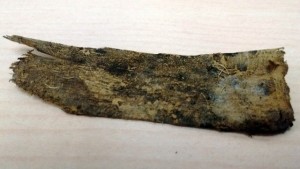
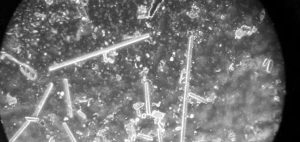
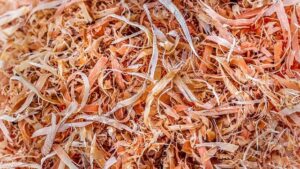
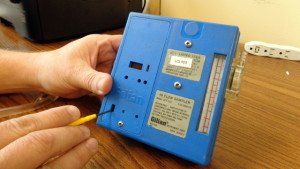
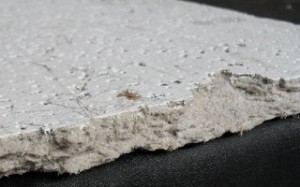
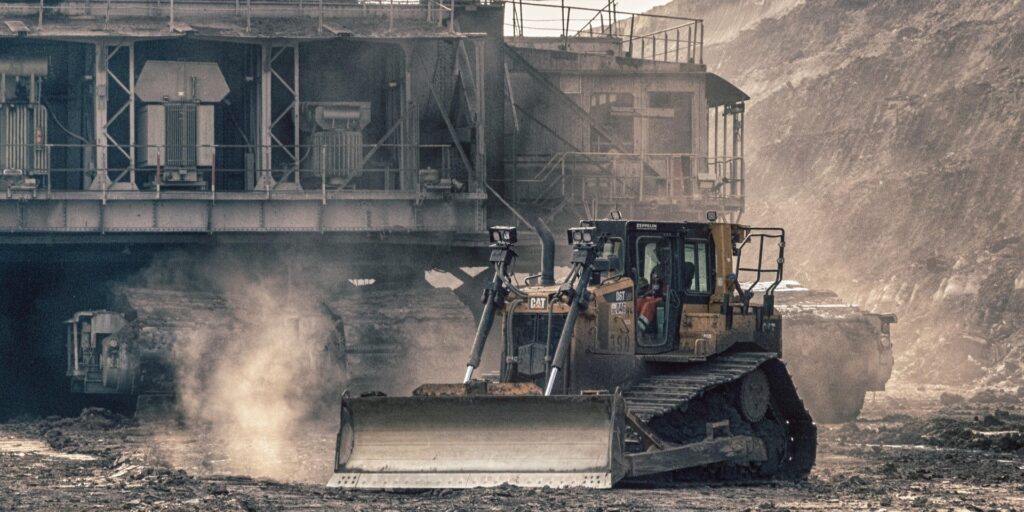
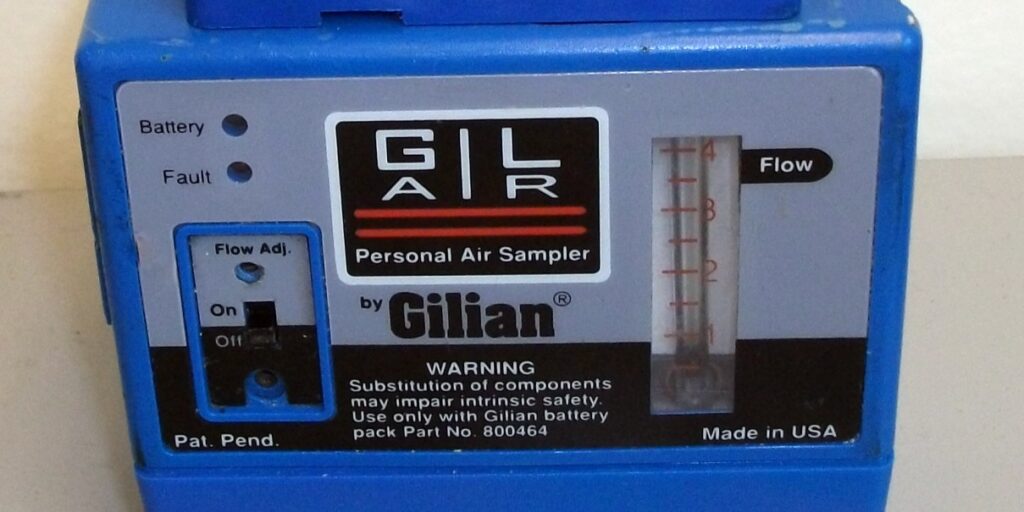
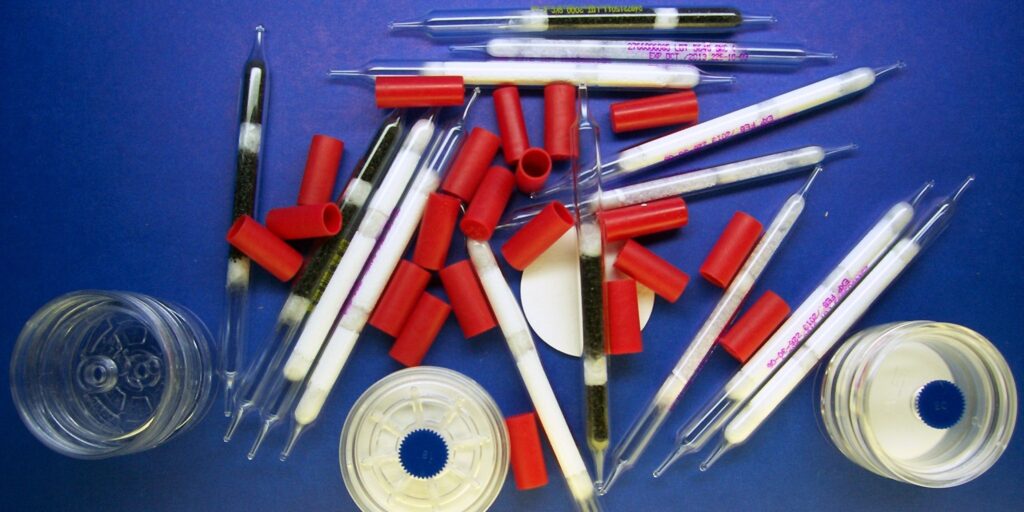

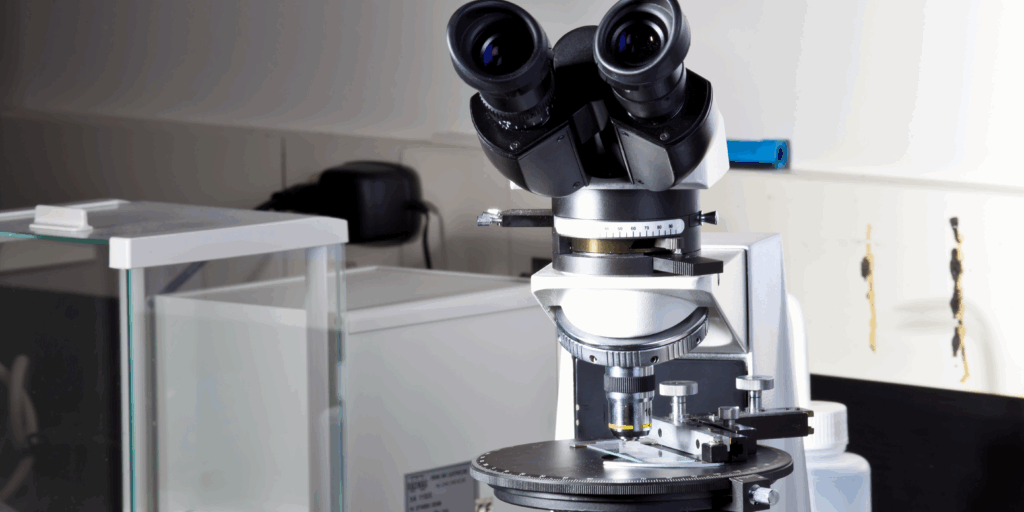
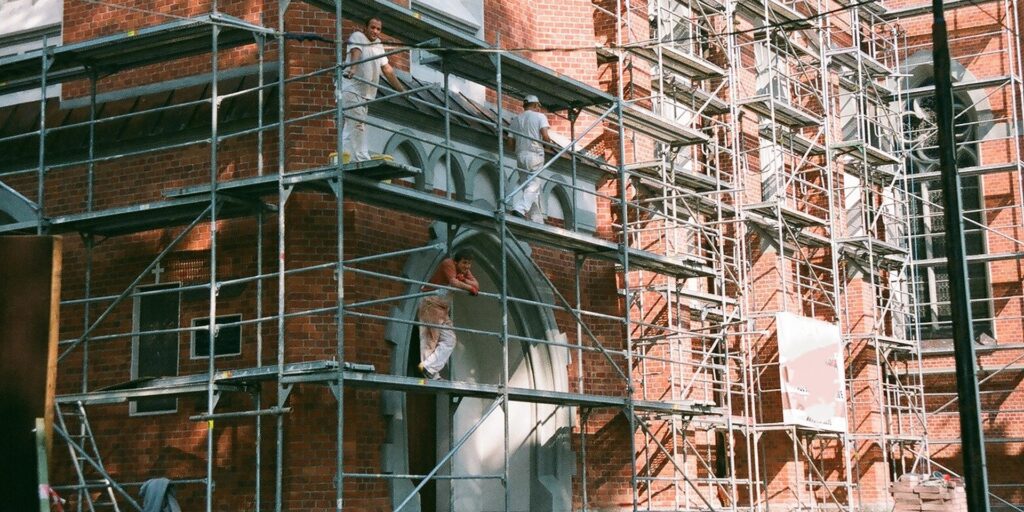

2 Responses
Meanwhile …. ASTM requires reporting in fs/cm2 not. sp/mm2
In built houses we find most building products that have not been water damaged have a fungal structure concentration of <500fs/cm2
Hi Joseph, thank you for letting me know. Which ASTM method are you using? 500 fs/cm2 sounds like a lot of mold. At 1000 fs/cm2 you can see mold stains with the naked eye.